THE experiences of the hyperinflation still linger in the minds of many citizens. Since the end of the GNU tenure, the management of the economy of the country has been struggling to regain full confidence of the citizens.
The change of the political leadership from November last year brought in some hope of a better Zimbabwe with the international community showing encouraging signs of warming and building confidence in the new leadership of the country.
Of note has been the consistence in the intended policies of the new Government, with the "Zimbabwe is open for business" mantra almost becoming the second national anthem.
The Government has seized every opportunity that has availed itself to sell the newly transforming Zimbabwe to the region and the international community. The re-engagement efforts by the Government have been quite intensive and particularly driven by the President himself. The new Government itself resembles a new look and complexion.
The just-ended national elections have seen the formation of this new Government comprising of not only new faces in ministries, but also young ministers have come in. Of significant departure from the past is the notable increase in the number of technocrats and a clear vision of working towards turning the economy into a middle-income economy by 2030.
Without taking away the importance of other ministries in the Government, the appointment of Professor Mthuli Ncube, one of the technocrats into the key Ministry of Finance and Economic Development has brought in a lot of excitement.
Some people argue that his lack of political experience would render him defunct in this key ministry overseeing the economic activities of the country. The political approach to the management of the economy and its failure and woes has been so entrenched in the minds of some citizens in the country that they do not see any possibility of change in Zimbabwe for the better, that is, change in the mindset of those entrusted with the governance and economic management of the country.
When Prof Ncube went out in public to pronounce his plans for the ministry, some people found it weird, for example forgetting that the Professor is a professional manager and a technocrat.
I was amazed last week when the minister boldly, without mincing his words, suggested to the Zimbabwe Investor Forum in New York that Zimbabwe would be joining the group of six countries in Africa within the next two years, which according to the minister are the fastest growing countries in Africa, with an average growth of about six percent per annum. These countries are Ghana, Tanzania, Ivory Cost, Djibouti, Ethiopia, and Senegal.
This is envisaged to happen within the next two years, which is, resonating well with the vision 2030 of achieving a middle-income economy. In my opinion for Zimbabwe to emerge from the economic doldrums, join these six fastest growing countries and within the 12-year timeline attain a middle income, economy status would really take a much more technocratic approach to the management of the economy.
It would take a lot of sacrifices towards the necessary reforms and painful decisions and bitter pills to swallow. Streamlining Government expenditure to sustainable budget deficit levels would not be sweet at all.
This country cannot sustain any luxuries anymore. Holding other things equal and from a purely academic perspective, everything is possible. I said it in the last Sunday's instalment and other articles in the past that this country has a potential of economic growth.
With the right political and economic systems in place, there is nothing impossible for the Second Republic of Zimbabwe to achieve its desired and preferred outcomes. The five years of the GNU saw the annual growth of this country averaging 10 percent. When the Minister of Finance and Economic Development made his presentation, it was after the President had annunciated the vision of the Second Republic of Zimbabwe.
After the minister, Reserve Bank of Zimbabwe governor Dr John Mangudya took the opportunity to outline the important fundamentals for currency reform in Zimbabwe, and indicated that in the mean time there would be a need to strengthen the current multi-currency regime and build the country's foreign currency reserves. He encouraged the potential investors to come and invest in the country, particularly in mining and agriculture.
After listening to the three men, how well, they complemented each other in putting straight and clear the intended direction and vision for the second Republic of Zimbabwe, all I could see was a clear shift from the past political infested approach to management of the economy to a more technocratic oriented trajectory.
So far, what is encouraging some of us is the clear consistence in policy. Whether it is said in the public or behind the doors and chambers, it is neither here no there. In fact, the more publicly pronounced the better for accountability purposes and commitment.
The question is, are we seeing a technocratic approach to the management of the Zimbabwe's economy? We stand to see what happens next when the three men come back home from the United Nations General Assembly. I am seeing in my beautiful world-view a change in the approach to the management of the country's economy. The task now remains for the leadership to steer this huge ship towards the direction that has been intended for the good of the citizens.
In conclusion, it is my hope that this line of thinking will cascade down the entire Government with loudest and soundest buy-in that it deserves.
Dr Bongani Ngwenya is currently based at UKZN as a post-doctoral Research Fellow and can be contacted at nbongani@gmail.com
- zimpapers
 Sanganai Expo preparation descends into chaos
Sanganai Expo preparation descends into chaos  South Africa is in serious trouble
South Africa is in serious trouble  US halts visa services for Zimbabwean nationals
US halts visa services for Zimbabwean nationals  ZSE and VFEX recover after weak 1st half
ZSE and VFEX recover after weak 1st half  Gold edges up as traders await guidance
Gold edges up as traders await guidance  Zimbabwe Agricultural Show 2025 kicks off
Zimbabwe Agricultural Show 2025 kicks off  Young Investment Professional (YIP) Graduate Programme 2019
Young Investment Professional (YIP) Graduate Programme 2019 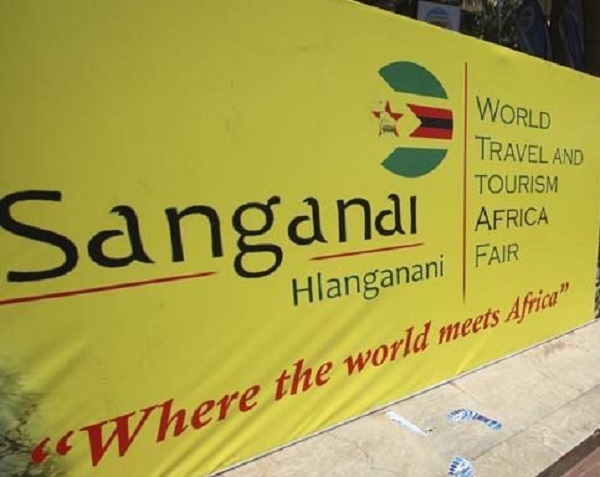


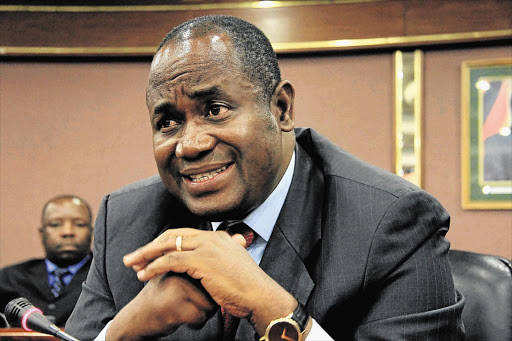
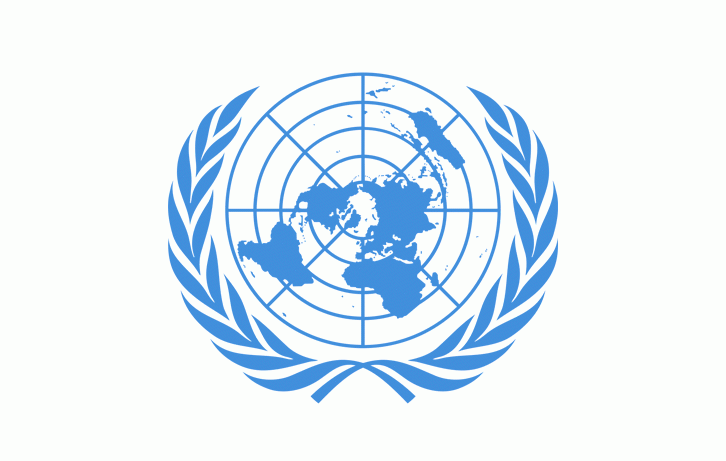
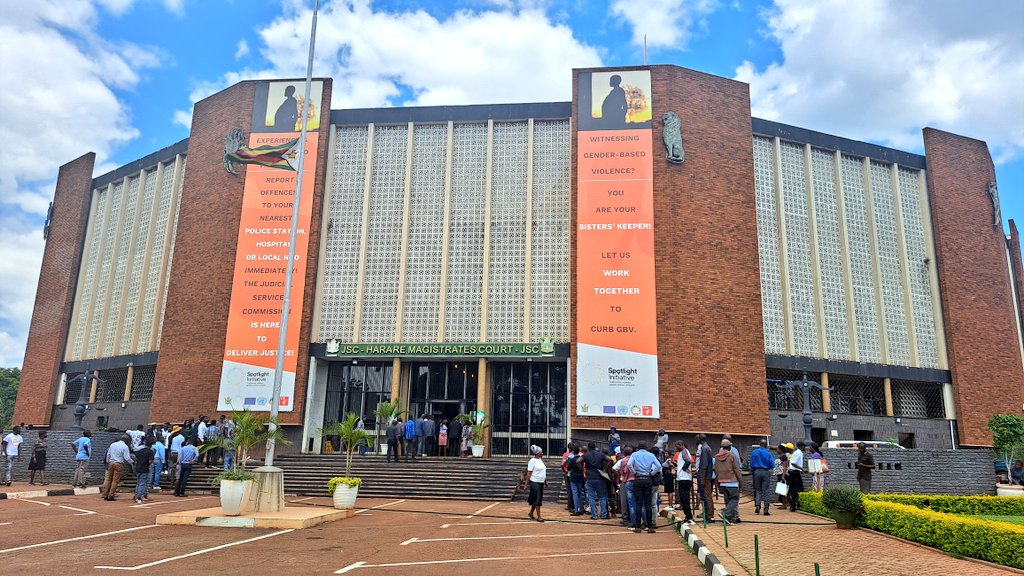
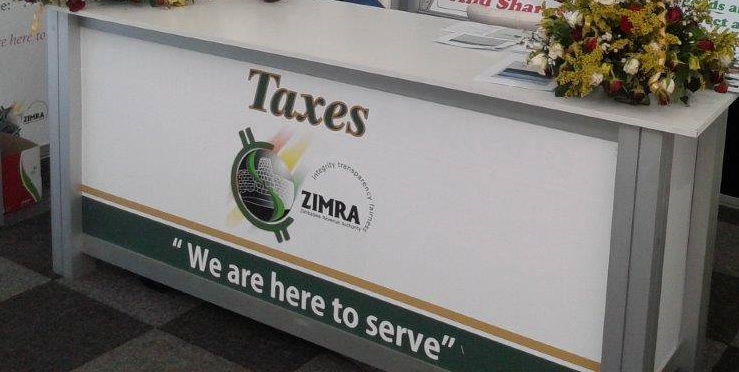
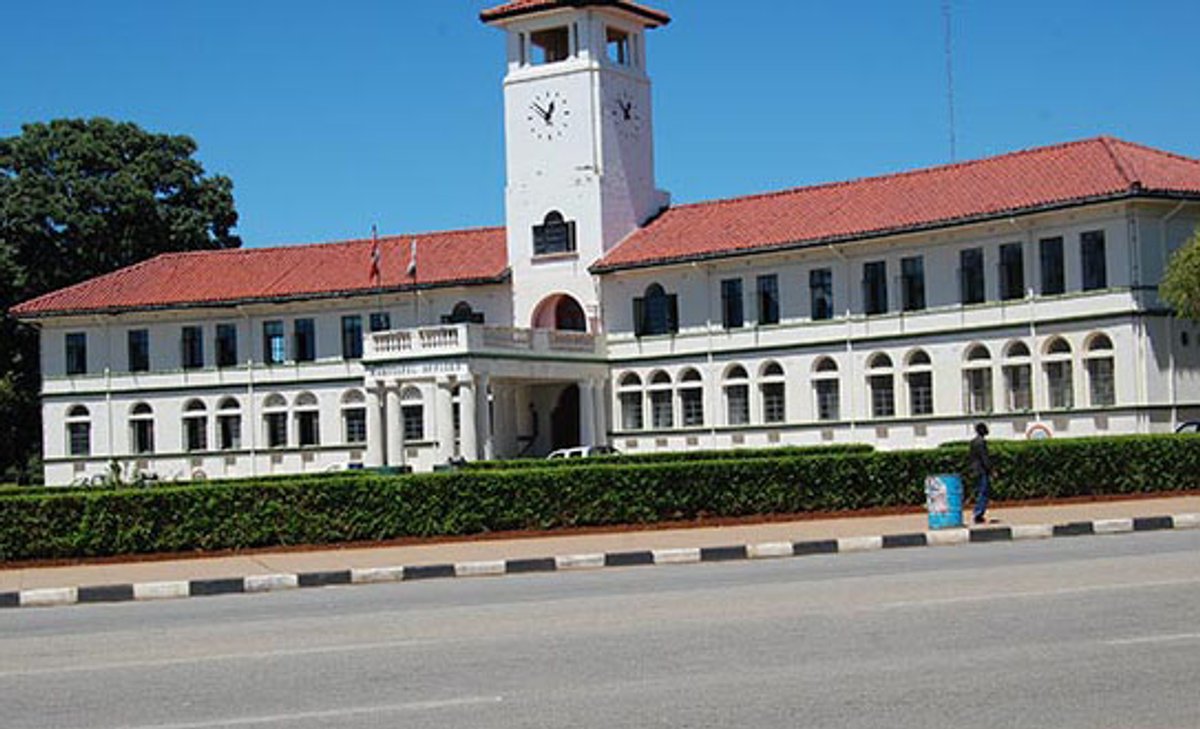

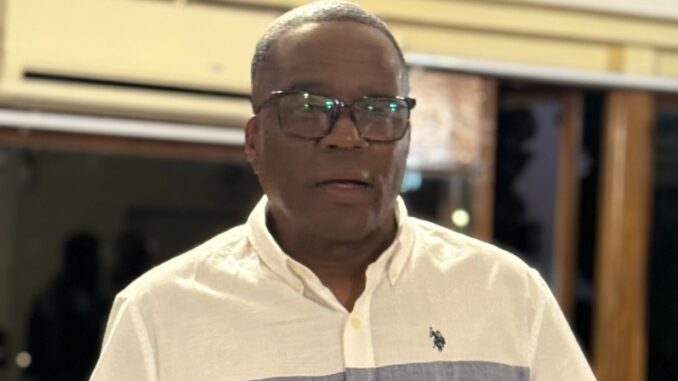

 Young Investment Professional (YIP) Graduate Programme 2019
Young Investment Professional (YIP) Graduate Programme 2019
Editor's Pick